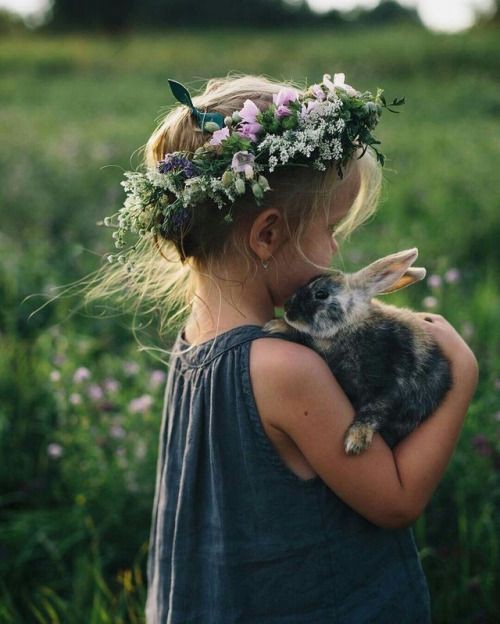
Tantrums – what you might not know
Tantrums. Oh yes, we have all been there. In one moment our dear child is playing and then just like that having pure range inside of them. Yes, tantrums are challenging and yes it is a difficult stage. So, how to be calmer when they occur and how to handle them properly?
First of all, let’s see what is going on in a toddler’s brain. There is a thing called the prefrontal cortex or PFC and this part of the brain is not fully developed in toddlers. Therefore, they cannot manage their emotions and they act instinctively. These big emotions they cannot process by themselves and they need to learn how to cope and regulate themselves, which cannot be learnt overnight and easily.
It is really important to stay calm and don’t take things personally. Your child is learning and you are the one who has to be a firm leader in the process and in order to help your child you need to regulate your emotions first. This can be tricky sometimes since we were once kids and sometimes some things can trigger some unwanted behavior. For example, mine is crying. I was whining kiddo and when my daughter starts to cry I have to come to my inner child, soothe her and remind myself that I am now a grown-up fully in charge and responsible for my emotions. My daughter’s tantrum is not a measurement of how good or bad a parent I am, I understand that behind this tantrum there is either an unmet need, boredom, hunger, attention-seeking, or just cry for help. …
Our kids are always seeking an answer to the question of who they need to be in order for their parents to love them? If we approach children with an understanding of their emotions, and if we welcome their crying and screaming, and all other “negative” feelings and behavior, they will grow up in adults who will not be codependent. Why? Simply because they understand that their big feelings are not a threat, that if they show them we will still be there and still think that they are good persons. It is crucial to always let kids know that we strongly believe that they are good kids who have a bad time.
We want to embrace fully their feelings and avoid saying things like: “It is nothing.” or “You will be okay.” Just imagine you coming from work after a really rough day at work and you start to open up to your parnter about the situation at work and he welocmes you with invalidation of your feeling sand THAT sentence “It will be okay.” Now this is how your child feels when you are trying to tell them (with best intentions) that things are not that bad. Instead of that, let your child know that they are the only one inside their body and therefore they are the only one who can fully understand feelings they have inside. This way they will not question or doubt their feelings and they will know that they can trust their caregivers when talking about emotions.

"Mommy, I am bored."
You May Also Like

Why do kids act out?
October 12, 2022
Happiness shouldn’t be the goal
June 26, 2024